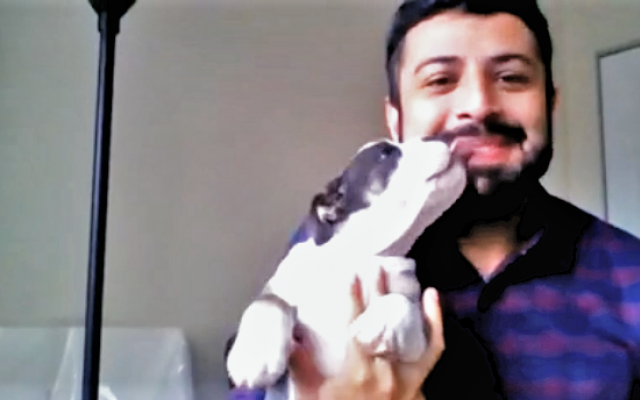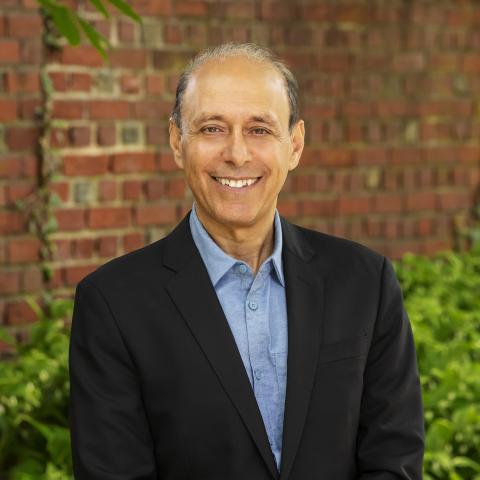
Shahram Hejazi’s course EGR 395: Venture Capital and Finance of Innovation is a highly interactive course that provides students with a candid look into the world of venture capital, by placing students in the driver’s seat of investment. This model enables students to understand better what it takes to be a successful venture capitalist and entrepreneur through weekly guest speakers from notable VC firms, case study analysis, team collaboration, and lectures.
With the onset of the COVID-19 crisis came the challenge of maintaining the momentum of this course. Balancing the priorities of the well-being of our 60+ students who now reside on five different continents while preserving the integrity of the course was no easy task. Hejazi and his team set out to present the course in a way that is inspiring to students, not in spite of this remote platform, but by capitalizing on the opportunities that result from it.
Accessibility at a Distance
The ability to pivot is a vital skill in entrepreneurship. Within a few hours of the University’s announcement of continuing the spring semester virtually, Hejazi asked the question, “If we had known that this course would be offered virtually, how would we have designed it from the beginning?” The readiness of he and his fellow Keller faculty members to quickly restructure their courses in response to the conditions of our time has been one of the most inspiring actions of innovation. Hejazi, A. Mecquel (Assistant Instructor), and Art Uribe (graduate student in Architecture and course Teaching Assistant) have gone to great lengths to maintain academic rigor and prioritize student well-being.
Following the initial changes, the EGR 395 team worked diligently and quickly to ensure all students had the support they needed to continue to thrive in this course. Mecquel reached out to each student to confirm their physical health, safety, and adequate internet access while taking the opportunity to check in on their transition from campus, discussing academic and personal implications of these changes, and specific concerns about our course modifications. Additionally, with team members now working globally, it has been even more critical to provide coaching in productive communication for successful remote collaborations.
"I believe we have not only well adapted to the new remote platform but hopefully demonstrated to the students that there is even a broader opportunity to connect and learn no matter where we are," Hejazi stated.
The Virtual Blackboard
Hejazi’s reorganization of the course includes that real-time classes be dialogue-focused rather than lecture-based in order to maximize student engagement. To do this, he posts on Blackboard Harvard Business School articles that relate to the current state of the venture industry the week before class. He also audio records each of his lectures and posts them a few days before the class so that students can review the information and prepare questions. This allows for a lively discussion following each week’s guest speaker’s presentation. The full class is recorded and posted afterwards for students who live in time zones that make it difficult to join live. Creating a class culture and establishing psychological safety is essential in this new remote platform and an additional challenge in a class this large.
Hejazi begins classes by inviting students to share stories from their week, often offering his own humorous anecdotes to create a place of sharing and community. Despite the challenges of the past weeks, EGR 395 has maintained an inclusive environment and put into action many of the lessons taught in the course, a great example of practicing what we preach. We hope that these changes have created a dynamic environment of learning despite the miles and hours between us.
"Entrepreneurs have always been in the forefront of advancement by their ability to adapt and innovate through new means, and hopefully we have demonstrated that in real life through our new learning transformation," Hejazi concluded.
